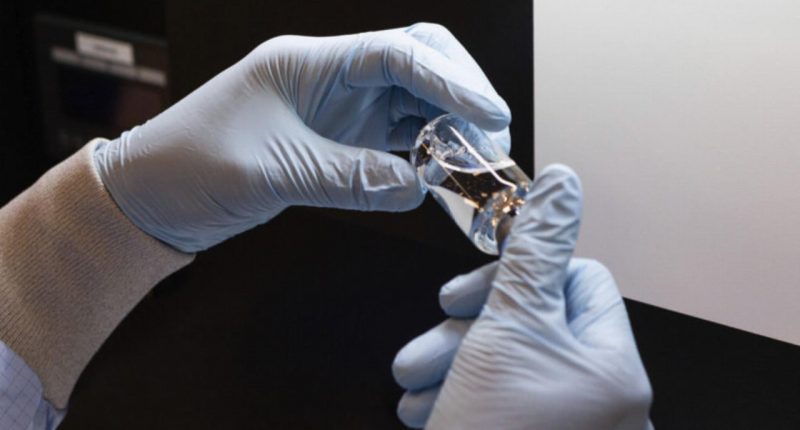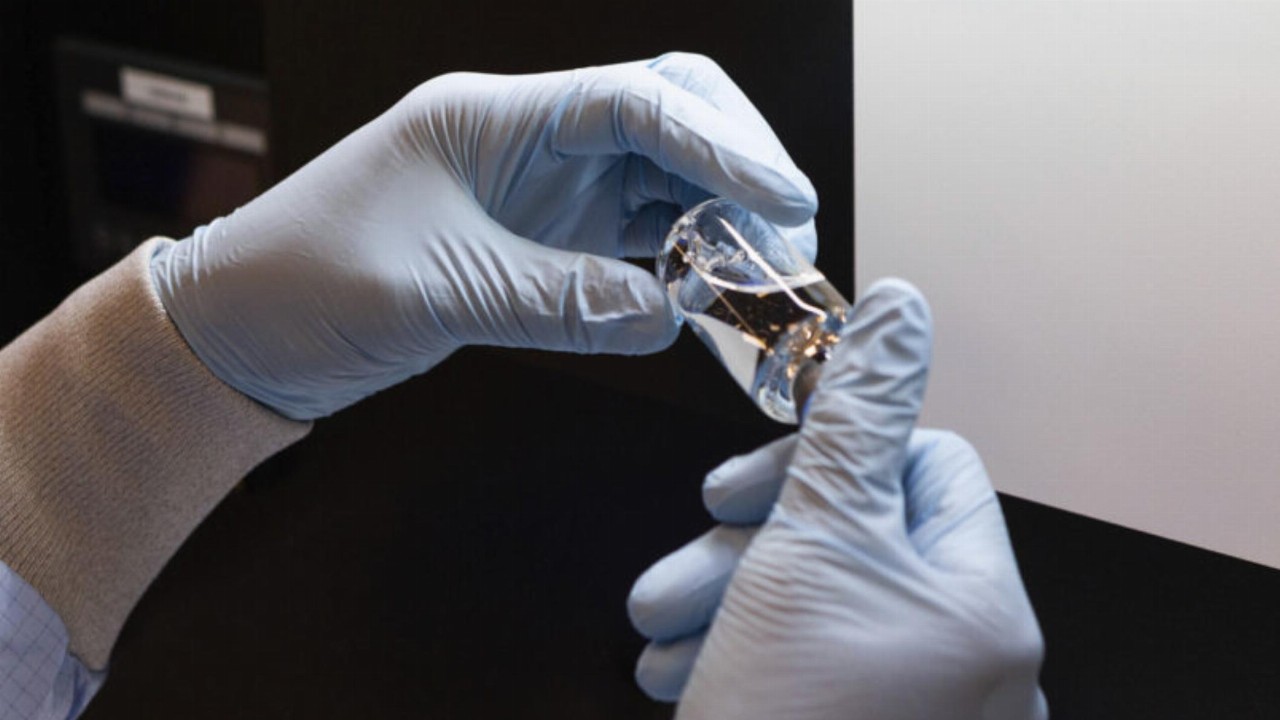- Global markets are surging today after Oxford University revealed encouraging results from a COVID-19 vaccine trial last night
- The vaccine was shown to bring about a T-cell and antibody response in all trial volunteers
- This is a major first step in showing the vaccine’s ability to help the body fight off COVID-19 and avoid infection
- Trial participants will now be monitored over the next 12 months to observe any long-term adverse effects and see whether or not they contract the virus
- Oxford will soon take on a major phase three trial of the vaccine in which it will test 30,000 people in the U.S., 2000 in South Africa, and 5000 in Brazil
- The United Kingdom has already ordered 100 million doses of the vaccine
Global markets are surging today after Oxford University revealed encouraging results from a COVID-19 vaccine trial last night.
Oxford’s Jenner Institute has revealed the latest development in creating a safe and effective vaccine for the coronavirus as a phase one and two trial of the product yielded some promising results.
The vaccine, dubbed ChAdOx1 nCoV-19 or AZD1222, was proven to bring about a strong antibody response in all vaccinated trial volunteers.
Oxford reported that a T-cell response was invoked in trial participants within 14 days of vaccination, which means white blood cells began attacking cells infected with COVID-19. Moreover, an antibody response was provoked within 28 days of vaccination, meaning antibodies started to neutralise the virus so it cannot infect cells when initially contracted.
Over 1000 people took part in the randomised controlled trial and no serious adverse health effects were recorded in any participant as a result of the vaccine.
“The phase one and two data for our coronavirus vaccine shows that the vaccine did not lead to any unexpected reactions and had a similar safety profile to previous vaccines of this type,” Oxford’s Professor Andrew Pollard said.
Andrew is the chief investigator of the vaccine trial and co-authored the study alongside Professor Sarah Gilbert.
“The immune responses observed following vaccination are in line with what previous animal studies have shown are associated with protection against the SARS-CoV-2 virus, although we must continue with our rigorous clinical trial programme to confirm this in humans,” Andrew said.
It’s important to note that though no serious side-effects were recorded from the vaccine, the majority of trial patients developed either a fever or a headache.
What next?
The promising trial results, while a major step forward in the development of a vaccine, are still not enough to confirm whether the vaccine offers adequate protection against the coronavirus.
In fact, volunteers from the trial will be closely monitored for the next 12 months to see how the vaccine affects them in the long-term, and will also be monitored to see if they develop a COVID-19 infection. This means the work from this phase of trials is still not complete.
Of course, the new data helps Oxford and its partners advance a phase three trial of the vaccine in the U.S., which is set to enrol around 30,000 patients. The vaccine will also be trialled in 2000 people in South Africa and 5000 in Brazil.
More than 10,000 people are expected to take part in the next stage of U.K. trials.
The United Kingdom has already ordered 100 million doses of the vaccine.







